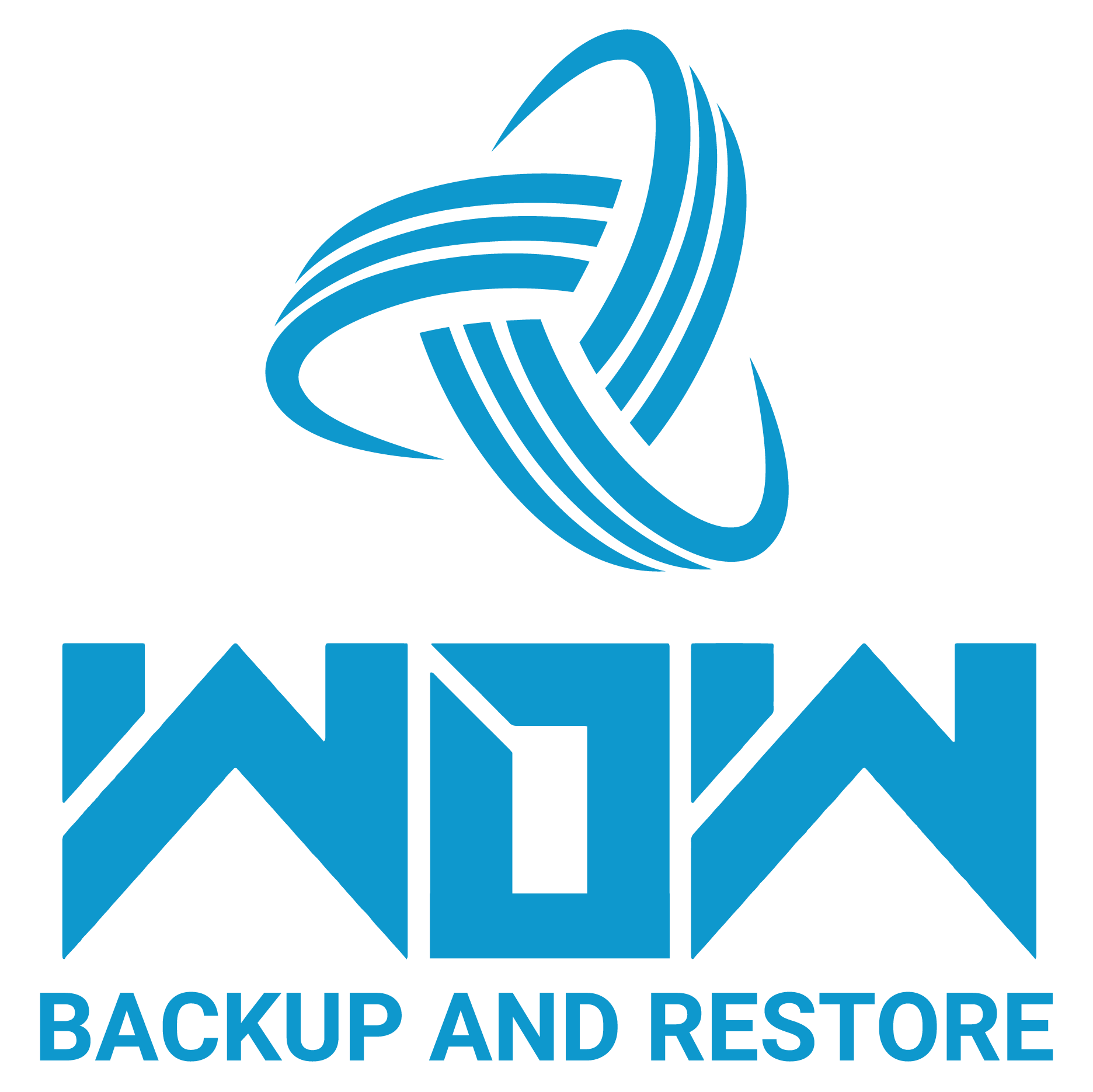As an accountant or bookkeeper, you know that data is essential to your business. You also know that data can be fragile, and it’s important to have a backup plan in place in case something goes wrong. With cloud accounting, you have the added benefit of being able to access your data from anywhere. But what happens if your data is lost or corrupted? That’s where cloud accounting backups come in.
What is a Cloud Accounting Backup?
A cloud accounting backup is a copy of your accounting data that is stored remotely, typically in the cloud. This backup can be used to restore your data if it is lost or corrupted. There are many benefits to using a cloud accounting backup, including:
- Improved security: Because your data is stored off-site, it is less likely to be lost or corrupted in the event of a disaster, such as a fire or a flood.
- Increased flexibility: With a cloud accounting backup, you can access your data from anywhere there is an internet connection. This means you can work from home, on the go, or even from another country if you need to.
- Lower costs: Cloud accounting backups are usually cheaper than on-premises backups because you don’t have to worry about the cost of hardware or maintenance.
- Ease of use: Most cloud accounting backups are automatic, which means you don’t have to remember to run them manually. This can save you time and help ensure that your data is always backed up.
How to Ensure Your Cloud Accounting Data Is Always Safe
Now that we’ve discussed why backing up your cloud accounting data is so important, let’s talk about how you can ensure that your data is always safe.
- First and foremost, you should encrypt all of your financial data before storing it in the cloud or use a provider that encrypts your backup data. This will help protect your data if your cloud storage provider is ever hacked.
- Second, you should consider not relying on the platform storage providers, for more on this see our “Shared Responsibility Model.” This way, if your provider experiences an outage or security breach, you’ll still have access to your data through a backup provider.
- Finally, you should keep a local backup of all of your financial data in case something happens to your cloud storage providers. This means downloading your files regularly to your own storage device, depending on your workflow, monthly may suffice.
Use a third-party backup service: There are several companies that offer services specifically for backing up cloud accounting data. These services typically run in the background and create regular backups of all of your data—including any customizations or integrations—so you don’t have to worry about it.
For example; WOWzer Backup and Restore, keeps three copies of your data and it’s all encrypted, with one copy in an immutable disconnected vault. Best of all it all happens automatically.
As more and more businesses move their accounting systems to the cloud, it’s become increasingly important to back up cloud accounting data on a regular basis. Doing so can help protect businesses from serious legal and financial consequences in the event of a security breach or software malfunction. To ensure that their data is always safe, businesses should encrypt their financial information before storing it in the cloud and should keep local backups as well.
Backing up your cloud accounting data is essential to protecting your business. There are many benefits to using a cloud accounting backup, including increased security, flexibility, and lower costs. When choosing a cloud accounting backup solution, be sure to pick one that meets your specific needs.

